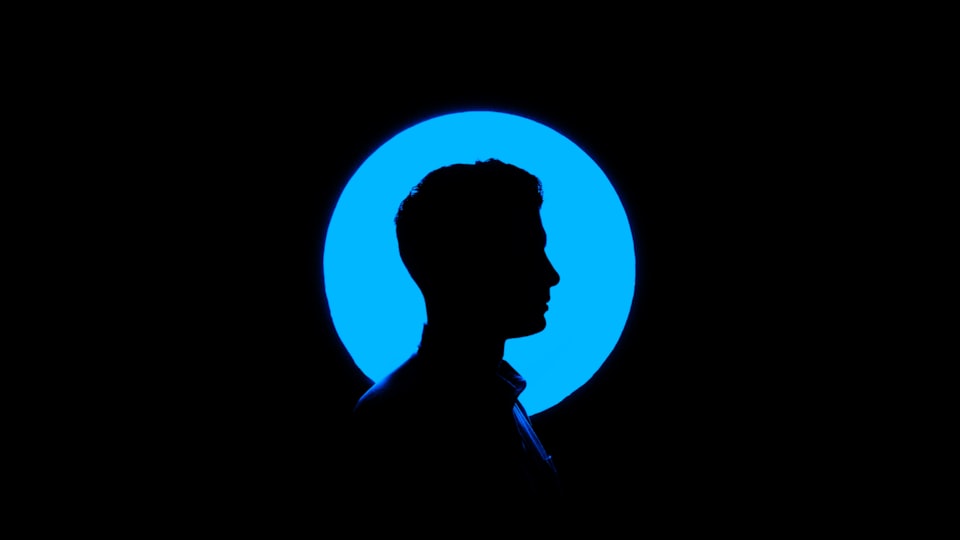Is vulnerability a privilege?

I’ve been struggling with the “Brene Brown - Simon Sinek- Gary Vaynerchuk - pick a thought leader preaching courage and vulnerability” type for awhile.
Vulnerability is a privilege, afforded to the already powerful.
Courage is easier when the consequences are fewer.
And it’s not lost on me how much I’m rewarded when I’m “vulnerable” on social media. My most liked/shared/commented-on posts on LinkedIn this year are basically just reflections or acknowledgment of my privilege and status power.
Admit to some "mansplaining"? Here's 6,000 views and a bunch of likes.
Suggest that women shouldn't need to "lean in", and that men should slide over? How about 50 comments, 439 likes and 3,400% more views than normal?
And, let's face it. Sharing some observations and reflections from a position of influence isn't exactly courageous or vulnerable.
It's just rare, apparently, for someone like me - with significant status power and the privilege that comes with it - to point that power out and question it.
And one of the problems with this "Courage Culture", particularly for marginalized and oppressed people, is nicely laid out by Dr. Carey Yazeed in this post - The Dangers of Courage Culture and Why Brene Brown Isn’t For Black Folk
(You should follow her on LinkedIn.)
The world doesn't need me to be vulnerable, because I'm actually not. There are no significant, material consequences to my claiming a viewpoint or questioning society's power structures.
And as Dr. Yazeed points out, paraphrasing Dr. Jenn Jackson,;
"Having courage to finish that swim meet or ask for that big raise isn’t like having the courage to be Black in a country that wants us dead."
The world doesn't need me to be 'courageous' or 'vulnerable'.
The world needs me to be accountable for the power I wield, and to hold others to account too.